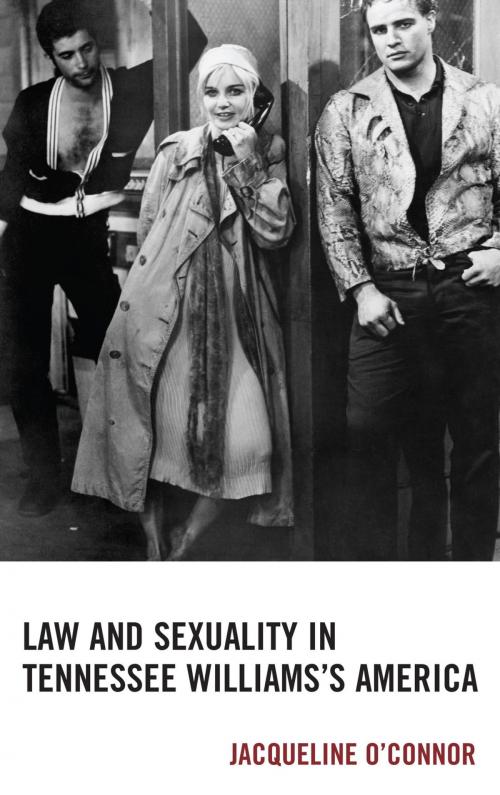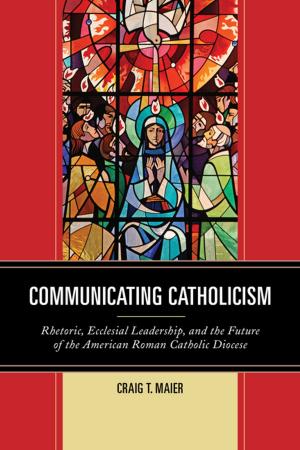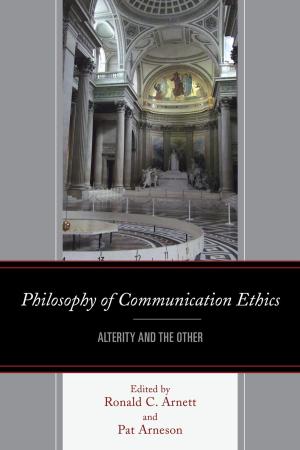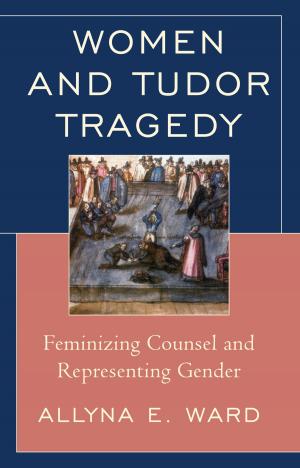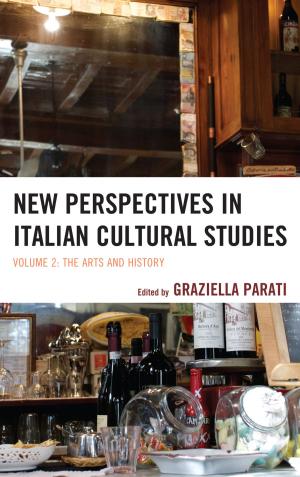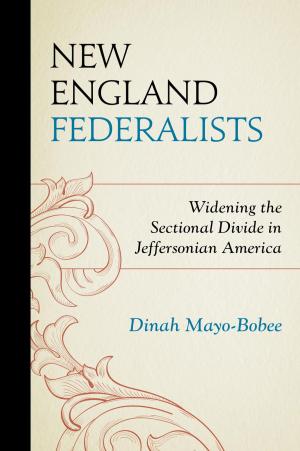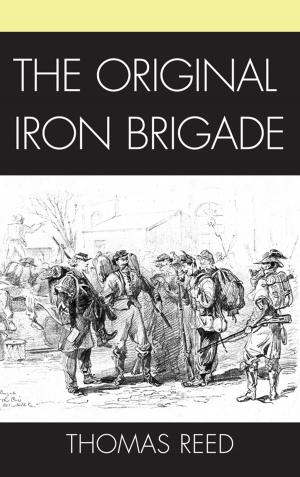Law and Sexuality in Tennessee Williams’s America
Fiction & Literature, Literary Theory & Criticism, Gay & Lesbian, Drama History & Criticism, American| Author: | Jacqueline O’Connor | ISBN: | 9781611478945 |
| Publisher: | Fairleigh Dickinson University Press | Publication: | May 31, 2016 |
| Imprint: | Fairleigh Dickinson University Press | Language: | English |
| Author: | Jacqueline O’Connor |
| ISBN: | 9781611478945 |
| Publisher: | Fairleigh Dickinson University Press |
| Publication: | May 31, 2016 |
| Imprint: | Fairleigh Dickinson University Press |
| Language: | English |
Gender and cultural studies readings of Tennessee Williams’s work have provided diverse perspectives on his complex representations of sexuality, whether of himself as an openly gay man, or of his characters, many of whom narrate or dramatize sexual attitudes or behavior that cross heteronormative boundaries of the mid-century period. Several of these studies have positioned Williams and his work amid the public tensions in American life over roughly four decades, from 1940–1980, as notions of equality and freedom of choice challenged prejudice and repression in law and in society. To date, however, neither Williams’s homosexuality nor his persistent representations of sexual transgressions have been examined as legal matters that challenged the rule of law.
Directed by legal history and informed by multiple strands of Williams’s studies criticism, textual, and cultural, this book explores the interplay of select topics defined and debated in law’s texts with those same topics in Williams’s personal and imaginative texts. By tracing the obscure and the transparent representations of homosexuality, specifically, and diverse sexualities more generally, through selected stories and plays, the book charts the intersections between Williams’s literature and the laws that governed the period. His imaginative works, backlit by his personal documents and historical and legal records from the period, underscore his preoccupation with depictions of diverse sexualities throughout his career. His use of legal language and its varied effects on his texts demonstrate his work’s multiple and complex intersection with major twentieth-century concerns, including significant legal and cultural dialogues about identity formation, intimacy, privacy, and difference.
Gender and cultural studies readings of Tennessee Williams’s work have provided diverse perspectives on his complex representations of sexuality, whether of himself as an openly gay man, or of his characters, many of whom narrate or dramatize sexual attitudes or behavior that cross heteronormative boundaries of the mid-century period. Several of these studies have positioned Williams and his work amid the public tensions in American life over roughly four decades, from 1940–1980, as notions of equality and freedom of choice challenged prejudice and repression in law and in society. To date, however, neither Williams’s homosexuality nor his persistent representations of sexual transgressions have been examined as legal matters that challenged the rule of law.
Directed by legal history and informed by multiple strands of Williams’s studies criticism, textual, and cultural, this book explores the interplay of select topics defined and debated in law’s texts with those same topics in Williams’s personal and imaginative texts. By tracing the obscure and the transparent representations of homosexuality, specifically, and diverse sexualities more generally, through selected stories and plays, the book charts the intersections between Williams’s literature and the laws that governed the period. His imaginative works, backlit by his personal documents and historical and legal records from the period, underscore his preoccupation with depictions of diverse sexualities throughout his career. His use of legal language and its varied effects on his texts demonstrate his work’s multiple and complex intersection with major twentieth-century concerns, including significant legal and cultural dialogues about identity formation, intimacy, privacy, and difference.
